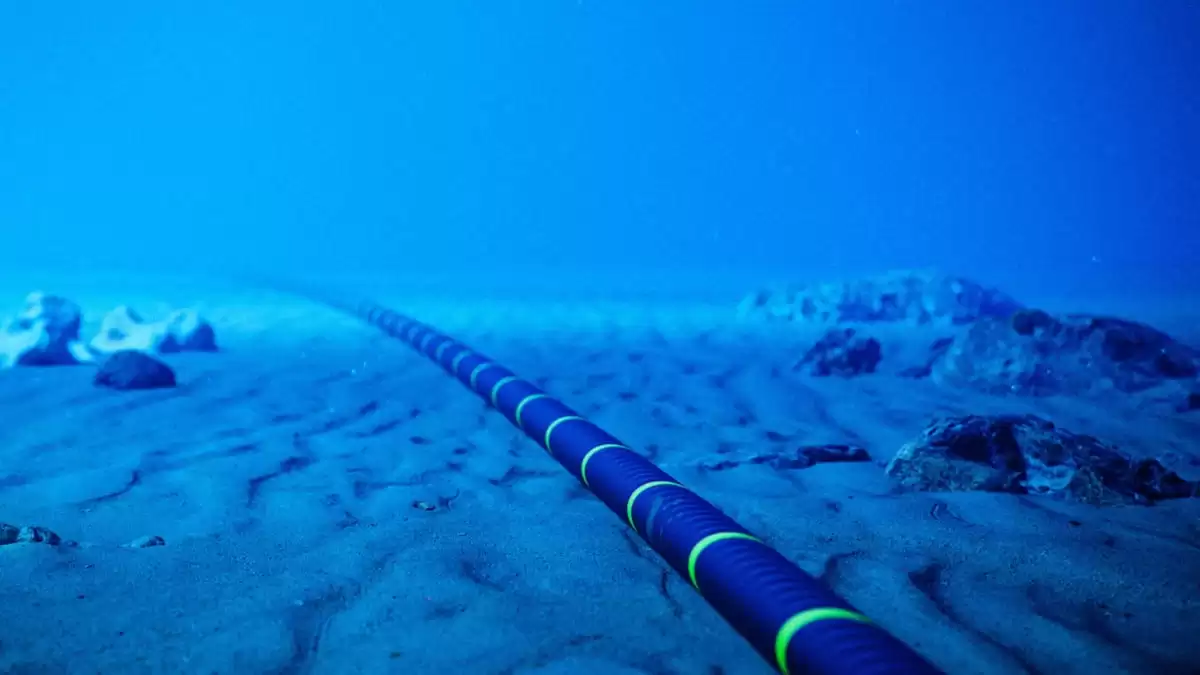New Delhi: Meta, the company behind Facebook, Instagram, and WhatsApp, is reportedly gearing up to spend over $10 billion on a massive subsea fiber-optic cable project. Stretching more than 40,000 kilometers across the globe, this ambitious initiative aims to boost Meta’s ability to handle the growing number of users and ensure smooth, high-quality services across its platforms. What makes this project unique is that Meta will fully own and operate the cable, marking a big step in its infrastructure plans.
The cable route proposed connects the U.S. East Coast to India, through South Africa, and returns to the U.S. West Coast via Australia, giving it a “W”-shaped path designed to avoid areas of geopolitical tensions, such as the Red Sea and the South China Sea, where disruptions occur frequently. For instance, Houthi rebels recently damaged cables in the Red Sea, and a Chinese ship was also linked to cutting cables in the Baltic Sea.
This project represents a growing trend in which tech giants are becoming masters of subsea cables. Historically, this field belonged to telecom companies. Such networks allow companies like Meta to have smoother and more reliable data transfer without dependency on external providers. The company derives much of its revenue from international markets. Ownership of cable infrastructure could then be a game-changer in terms of maintaining service quality around the world.
Although still in the early planning stages, Meta expects to make more announcements about the project in 2025. It will take years to build such a massive cable because there are only a few ships and companies that can lay underwater cables. Santosh Janardhan, who heads Meta’s global infrastructure efforts, is leading the project.
The cable could also bring long-term benefits for artificial intelligence (AI), apart from making services more reliable. Analysts think the end of the cable in India might open up opportunities for training data centers for AI models. Since computing costs in India are cheaper than in the U.S., this may turn India into a hub for AI development. With more than 375 million Facebook users and strong engagement on Instagram and WhatsApp, India is still an important market for Meta.
This investment demonstrates Meta’s commitment to building a stronger, more resilient global network while avoiding geopolitical risks and tapping into future tech opportunities. It is a move that not only boosts their service capabilities but also highlights how tech companies are reshaping the world’s communication infrastructure.





